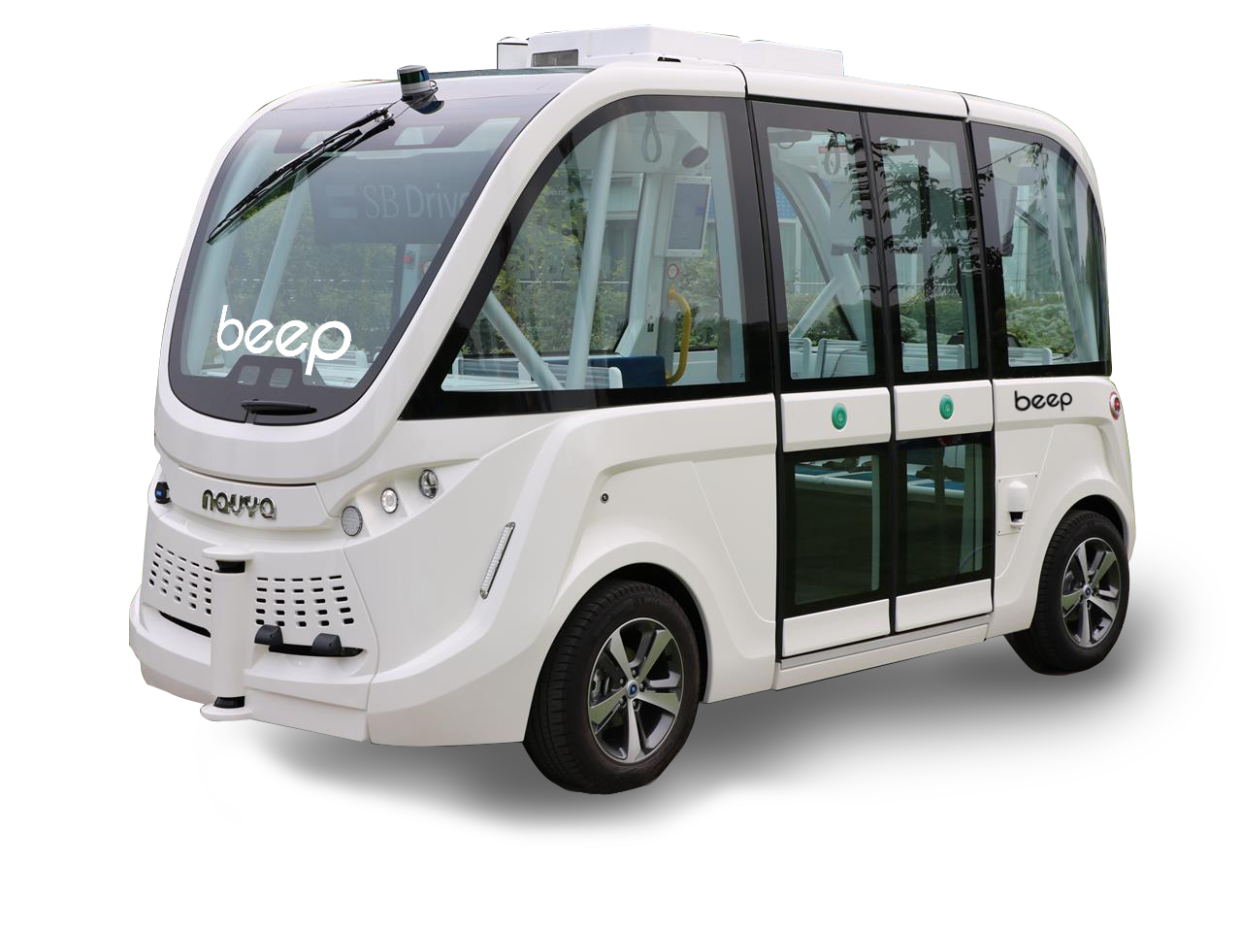Would you ride a driverless shuttle? Mississippi State is about to find out
Would you hop on or off a shuttle if you knew there was no driver? Mississippi State students and others on campus might have the opportunity to find out.
The university is starting a pilot program to see if the autonomous shuttles complement its other transportation modes, which include buses, bicycles and scooters.
“We are excited to announce this special project which is going through several layers of approval, including the Mississippi Department of Transportation and the National Highway Traffic Safety Administration,” MSU Executive Director of Transportation Jeremiah Dumas said in a news release.

The electric-autonomous passenger shuttle system pilot program will be deployed by Beep Inc., which specializes in autonomous transportation solutions.
University officials say the system will be the first in the state as well as the Southeastern Conference. The two shuttles seat up to 11 passengers, which will include a university attendant to provide assistance as needed. The attendant also can operate the shuttle if needed.
The self-driving vehicles will not run on roads where motorists can go faster than 25 mph. They are are equipped with AI-enabled remote human supervision and self-governance.
“Safety is the highest priority, as it is with any method of transportation,” Dumas said.
Emily McFatter, a senior from Amory, said she had heard about the self-driving shuttle buses coming to campus, but isn't sure she'll ride one.
"It really surprised me that they are starting the self-driving buses to take people around on campus," she said. "I personally don't use the public transport system that much anyway, so I don't think I'll ride these. I've always been leery of self-driving cars. But I think it would be useful and it would decrease the pressure for those bus drivers. Hopefully, if it works out, it will make the campus run smoother."
The vehicles should be available starting in September. Two routes are planned to take students between the core of campus and key housing points and local entertainment venues.
“Everywhere they’re deployed, people love them,” Dumas said.
Gianluca Corrias, a freshman from Madison, Georgia, said the shuttles look cool, but he is excited about the idea of getting around on and off campus. He said they would be useful in supplementing the public bus system.
"I would have to get used to it for sure because there's no driver, but I would hop on it, just to try it out," he said.
In addition to piloting how the vehicles meet campus needs, the program also will provide research data for transportation planning in rural-urban environments, Dumas said. Autonomous vehicles are not a new concept at MSU.
“MSU’s Center for Advanced Vehicular Systems and Raspet Flight Research Laboratory are doing research on autonomous, remote vehicles,” he said.
The pilot program will run through Nov. 30.
“We absolutely see this as a long-term operational opportunity for these shuttles to be part of our daily solution," Dumas said. "Our ultimate goal is to understand the role an autonomous mobility system such as this can play on campus. Do they work on campus where there are a lot of riders, or do we need to look at a longer route with fewer riders? We don’t know yet, and we want to see what we find out.”
This article originally appeared on Hattiesburg American: MSU test drives autonomous shuttle system in the fall
